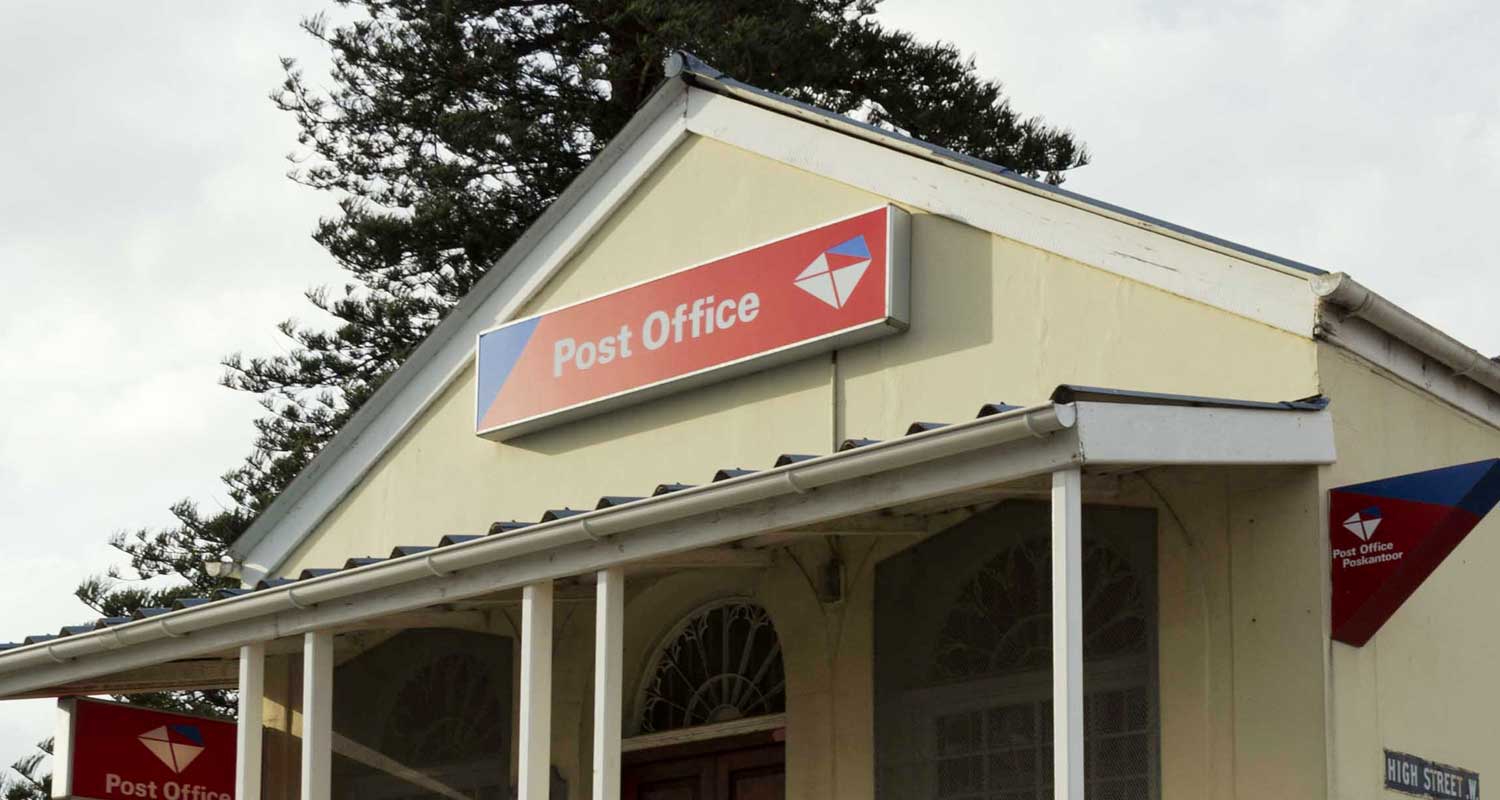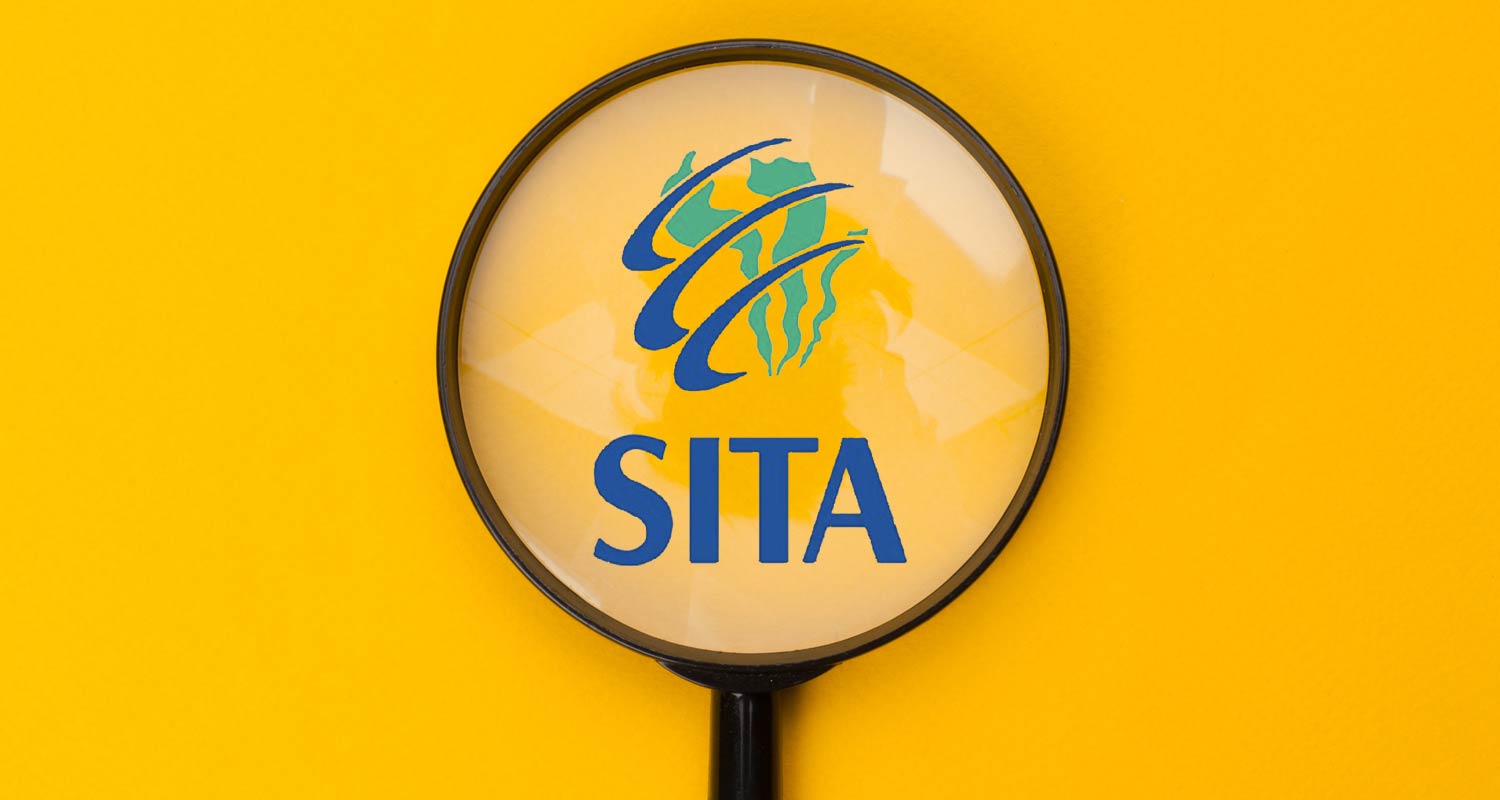
South Africa has its first minister of communications in the democratic era who isn’t a member of the ANC – and significant policy changes could be on the cards.
President Cyril Ramaphosa announced late on Sunday evening that he has appointed the Democratic Alliance’s Solly Malatsi as the new minister of communications & digital technologies in his cabinet. Incumbent minister, the ANC’s Mondli Gungubele, will become Malatsi’s deputy.
Malatsi was elected the second deputy federal chair of the Democratic Alliance at the party’s 2023 federal congress. He has been an MP since 2014 and has served in several portfolios as the party’s shadow minister for sports & recreation, human settlements and communications. He has a Bachelor of Administration degree from the University of Limpopo and an honours degree in politics from Wits.
The communications ministry has broad oversight of the ICT sector – and of organisations such as communications regulator Icasa, the State IT Agency, the South African Post Office and the SABC.
Communications is a key economic portfolio that has been mismanaged by a long line of underperforming ANC ministers. It has suffered among the highest turnover of ministers of any portfolio over the past 30 years. Since the Nelson Mandela administration was formed in 1994, no fewer than 14 permanent ministers have occupied the role (and this excludes those, like the late Manto Tshabalala-Msimang, who acted in the role).
The high turnover in ministers has led to policy paralysis in the department, with little progress made in long-overdue plans to rework the legislation governing the sector.
Priority focus areas
As a result, the ministry and department of communications has a long list of challenges that new minister Malatsi will have to tackle head-on. These include:
- Rewriting ICT laws, including the Electronic Communications Act and the Broadcasting Act, to take account of the huge changes that have occurred in the sector over the past 15 years;
- Figuring out the role of Sentech, the state-owned broadcasting signal distributor, which could face an existential crisis in the coming years as South Africans abandon terrestrial television for internet streaming services;
- Determining the SABC’s future, including its funding model, and the role of public broadcasting in an increasingly fragmented media landscape;
- Providing political guidance on Canal+’s planned acquisition of MultiChoice Group, a deal that may not pass regulatory scrutiny under existing ownership rules;
- Deciding what to do with the bankrupt Post Office, and the Postbank; and
- Completing the digital migration project – something a dozen ANC ministers have been unable to do. This could include scrapping the project altogether or leaving it to the market to decide which technologies work best for serving South African television audiences.
There are already strong clues about the priorities of a DA-led communications ministry. Led by DA policy head Mat Cuthbert, the party recently published an overhauled – and much improved – policy document for the ICT sector. The 72-page document (PDF) is likely to be studied closely in the coming weeks should the DA secure the communications portfolio.
Proposals include a possible break-up of the SABC and a radical overhaul of the South African Post Office, among other major policy interventions.

On the SABC, the DA makes these recommendations:
- Hold public hearings to determine whether South Africa needs a public broadcaster and, if so, what form it should take and how should it be financed. If it is determined that a public broadcaster is not necessary, the DA will call for the SABC to be broken up into various commercial entities and sold to the highest bidder – with Icasa and the Competition Commission overseeing the process to ensure a diversity of ownership and voices.
- Consider the option of decentralising the SABC into provincial broadcasting stations to be independently run by and managed by the relevant provinces. The decentralisation will encompass a resource sharing model (like the US model), which the party said will increase cooperation between provincial broadcasters in the sharing of content to eliminate duplication of content production.
- Conducting a nationwide customer survey to identify the causes of viewership losses and implement relevant remedies.
The party said that on its watch, the SABC – assuming it is retained as a public broadcaster – will “ensure that the public interest always come first and that the SABC remains an independent public broadcaster and institution as per the Broadcasting Act, and not a platform for political interference and corruption”.
“Public interest must be the main objective of the SABC and its leadership. We will do this by removing all political appointees through ensuring that a skills audit is completed for all employees and then conduct a restructure of the entity where necessary,” it said.
SABC restructuring
Other measures in the policy document related to the SABC include:
- Implementing strict financial measures to turn around the dire financial situation at the public broadcaster. The party said the broadcaster’s salary bill is “bloated”.
- Increasing support for the local production market and spend more on local content production and promotion. “We will make public funding available to each [government] department for the development of content which addresses educational and civic information to be aired on both SABC TV and radio.”
- Seeking new and increased revenue streams to fund the operation of the SABC and make it as independent as possible from public financing. “One such a step will be a new agreement regarding the ‘must-carry’ regulations, which do not allow for the SABC to sell its content to other broadcasters. The broadcaster must, however, stay clear of controversial plans such as those proposed in the draft white paper on audio and audio-visual content, which would see consumers streaming a Netflix or Amazon production on their phone having to pay a licence fee to the SABC.”
Turning to the Post Office, the DA policy document stated: “Despite the entity receiving more than R8-billion in government bailouts since 2018, its financial position is yet to recover. It cannot even get the basics right, with a severe mail backlog and basic IT systems not working.”
However, the party said there is an “opportunity for the Post Office to play an important role within communities, especially those in rural and mostly underserviced regions of the country”. However, it must “first sort out its delivery of parcels and mail before proceeding to offer other services”.

The DA has recommended:
- Introducing a new mandate and management for the Post Office. “The entity requires strong and innovative leadership… Direction must also be given as to whether the Post Office should be sold off or partnering with an experiences new private partner to improve its service offering, management and financial position.”
- Establishing a public-private partnership with “already established delivery services such as Takealot” for the delivery of local parcels.
- Rethinking the business model of Post Office to provide more services – commercial and community services – and increase connectivity by bringing internet to poor and rural communities through the provision of free public Wi-Fi from Post Office sites.
Additionally, unused or underutilised network and other infrastructure belonging to the Post Office “must be leased out to the private sector”. The company has an “extensive footprint across the country whose infrastructure can be used as points of presence by ICT and other operators”.
Turning to Telkom, the DA policy document recommended:
- Separating the wholesale and retail operations of Telkom into two separate companies and proceeding to sell government’s shares in these.
- Opening Telkom’s fibre infrastructure for lease by smaller operators to allow them to compete more easily in the fixed-line market.
- Easing regulatory barriers for new entrants, along with a standardisation of systems, infrastructure and networks so that new entrants can piggyback off existing infrastructure networks.
The DA bemoaned the “weak political appointments” and “corruption” that have plagued state organisations in the sector.
“Government institutions at the helm of driving the national ICT agenda have been plagued by weak political appointments and paralysed by corruption and instability in leadership. This has led to a lack of policy continuity and consequently, created uncertainty in the market,” according to the policy document.

The DA has proposed:
- Ridding state-owned ICT institutions of weak political leadership and appointees, and dealing with corruption. “This must be done by ensuring that individuals in senior positions are appointed based on their capabilities, knowledge and skills within the relevant sectors, and not on a jobs-for-pals basis as is believed to have been the case in many instances.”
- Conducting skills audits in state-owned ICT institutions to ensure all employees have the required skills and experience for the positions they hold. Where expertise is found to be lacking, fit-for-purpose individuals who have the necessary leadership, governance and technical expertise to run these institutions properly must be appointed, it said.
- Ensuring that Icasa operates independently, free of interference from the executive arm of government. “The regulator must act on its own discretion and with due consideration of the prevailing market factors, and not await approval from the minister.”
On Icasa, the DA said the regulator must conduct a market review and formulate remedies to deliver a “more competitive bandwidth market”. These remedies could include market restructuring or wholesale access and pricing interventions, it said.
“Icasa must regularly make spectrum available through transparent and competitive auctions. Regulation must be based on sound research and follow a cost-based formula that encourages infrastructure investment and sharing between operators, while also ensuring a more level playing field for new and smaller operators.”
Specifically on spectrum, the DA said two lots of 10MHz spectrum in the 800MHz band, which weren’t sold in the 2022 auction, must be made available through a licensing process “in the near future”. Spectrum that had been set aside for a planned wholesale open-access network, or Woan – now abandoned – must also be licensed as soon as possible.
“The regulator must establish a set of reliable ICT indicators to measure its regulatory effectiveness, and both capture and analyse data effectively and efficiently in the sector. These indicators, as well as the data must be regularly published and communicate with stakeholders in the sector,” it added.
“Data capturing and analysis is vital to ensure the regulator is able to plan, execute and evaluate its regulation and programmes better. Icasa must also regularly publish this data to enable stakeholders, including policymakers, to make informed decisions relating to ICT.”
‘Open markets’
In the document, DA leader John Steenhuisen said the party’s formula for the sector involves “open markets, a state capable and willing to create enabling infrastructural and regulatory environments (including reliable power supply and transportation networks), and a large role for public-private partnerships (what we call our whole-of-society approach)”.
The DA said South Africa “must be ambitious in its objectives and aim to position South Africa as the ICT, innovation and technology incubation hub of Africa and the developing world”.
It set out several “recommendations” aimed at broadening access to technology. These include:
- Targeting affordability and access across the entire ICT value chain.
- Developing clear ICT policy and regulations following both a market-driven and developmental approach by “ensuring we regulate for increased access, competition and capacity-building in the sector”.
- Accelerating the roll-out of digital terrestrial television.
- Licensing spectrum not awarded in the 2022 auction and using funds from future auctions to increase access to telecommunications in underserviced areas.
- Rolling out government-led broadband initiatives to ease access inequality. “The government has a responsibility to fast-track the roll-out of broadband infrastructure to underserviced areas through effective and efficient implementation of SA Connect and enterprising public-private partnerships to attract private sector investment in rural broadband expansion through tax rebates, infrastructure sharing and other incentives.”
- Establishing innovation centres within higher education institutions as a strategic initiative to reduce significantly the costs of internet-enabled devices. “These centres can actively promote alternative designs and developments, harnessing the creative potential of academia to drive innovation and improve accessibility to technology.”
- Rolling out more free public Wi-Fi hotspots.
- Setting up universal access points through a competitive tendering process.
- Zero-rating data for public interest services such as websites and applications of government, schools, universities and other institutions of learning, and public benefit organisations on a set of clear criteria as determined by Icasa.
- Removing taxes on smartphones to make them more affordable. “Smartphones or devices below a certain value could in total be excluded from any tax or duty.”
“The DA believes that competition in an open, predictable and appropriately regulated environment is the best way to achieve universal access, consumer choice, the lowest possible prices and the best quality ICT services – a market driven approach,” the document said.
 “Yet we also acknowledge that many would be left out if only this approach was followed. We therefore propose that we foster a dual approach: market and developmental driven,” it said.
“Yet we also acknowledge that many would be left out if only this approach was followed. We therefore propose that we foster a dual approach: market and developmental driven,” it said.
“Government has a crucial role to play in creating both a competitive, market-driven ICT sector, as well as a developmental role in enabling more access to those who will be left out of the knowledge and networked economy if not for government intervention.” — © 2024 NewsCentral Media




